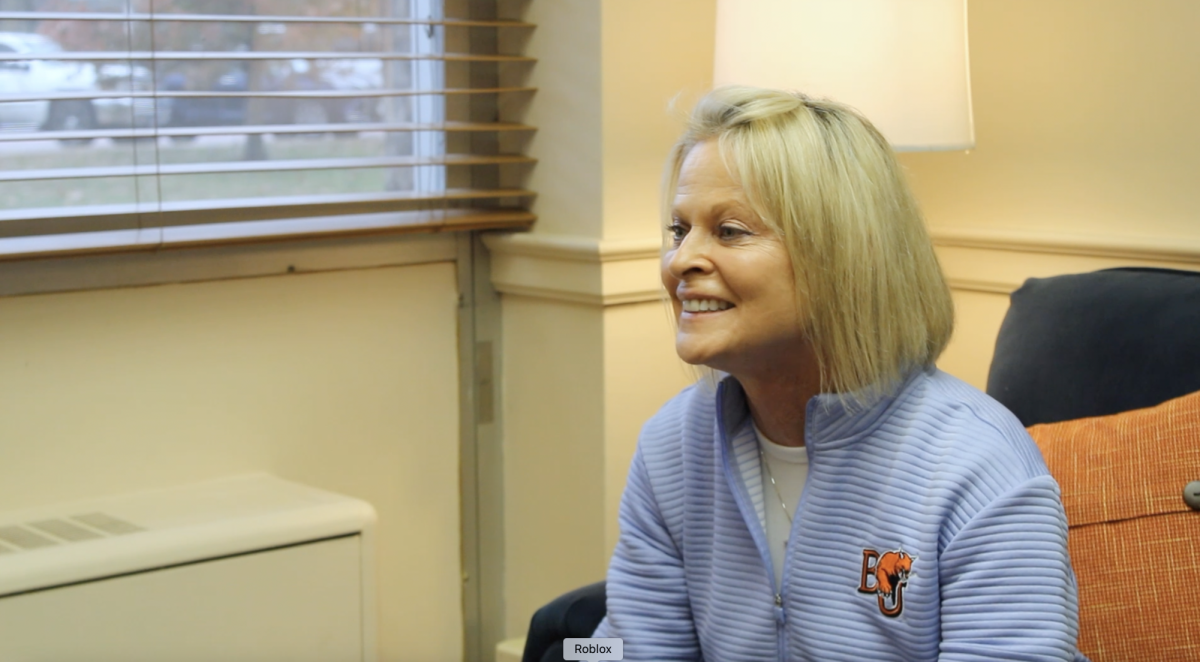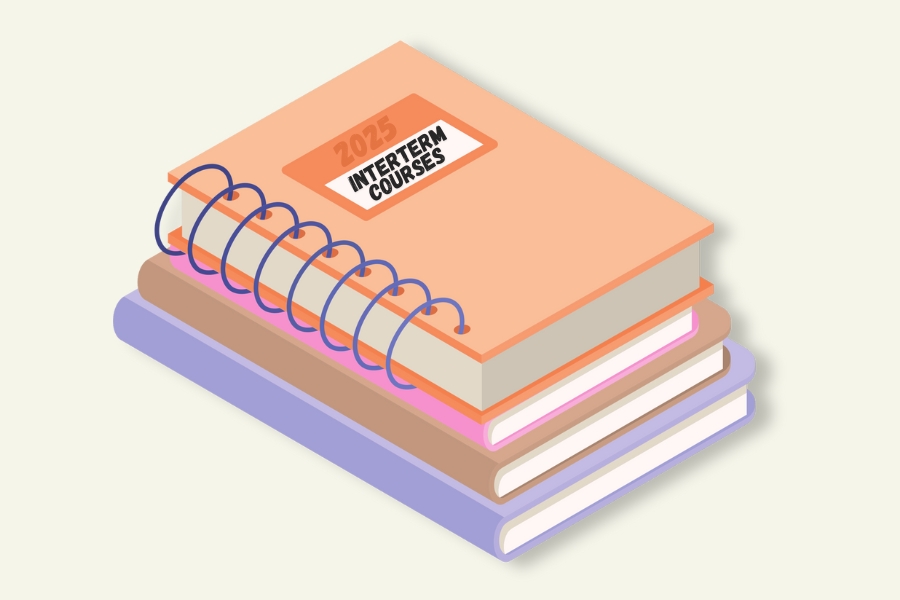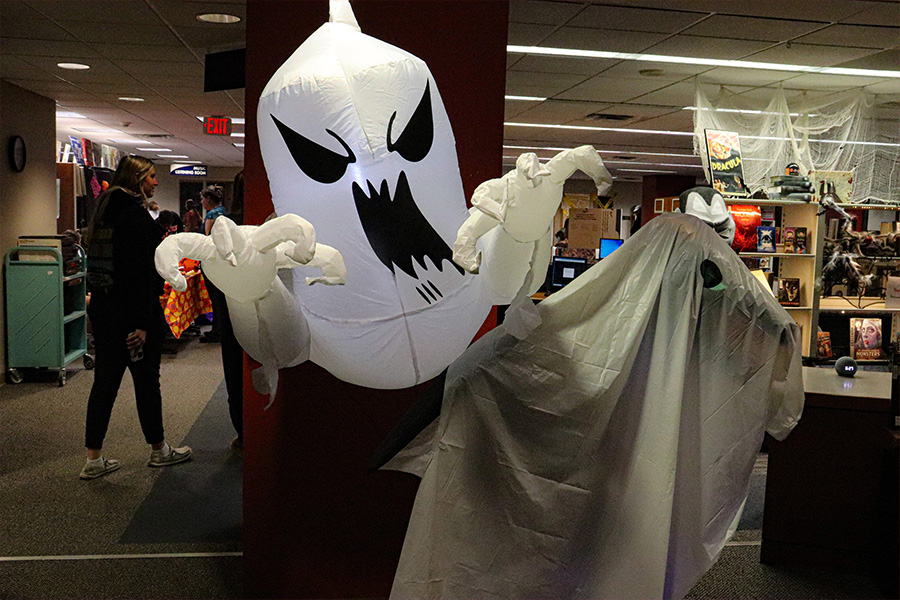04/04/08
Barbara Downer studies handwriting. She can tell the difference between authentic signatures and forged ones. She can analyze the writer’s personality based on the slant, the height and the pressure of the writing.
She does it every day at her office at Discovery Handwriting Services in Oxford. Her job is becoming more and more difficult though, as fewer people are learning – and practicing – cursive writing.
“They aren’t teaching it,” Downer said. “Cursive is becoming a lost art.”
She blames computers for sloppy handwriting and for the lack of cursive writing in society; she blames the Internet, instant messaging and social networks; she blames educators.
At Baker University, this technology is ever-present. Students use cell phones as they walk from class to class, they check e-mail in their spare time, they post comments on MySpace and Facebook more often than they check their campus mailboxes, and they text message their friends during class.
Rarely do they write letters; rarely do they take the time to write their friends or family back home. It’s easier to send an e-mail; it’s easier to make a phone call.
“E-mail’s so much quicker,” Downer said.
Kelly Garrison, director of mail and copy center, said students don’t send many letters.
“We have a few, but between cell phones and Internet, we don’t have a lot,” she said. “Most of them probably don’t realize what services we do provide.”
Senior Kelly Ochs is an exception.
Ochs writes a letter to her boyfriend Brandon every day.
He’s been in Georgia since March, but she already misses him.
She tells him that in her letters; she tells him about school and work. She tells him about her LA 401 homework; she tells him about what he’s been missing. And then she tells him she loves him.
Brandon is in basic training for the Army.
Before he left, Ochs didn’t write letters much – an occasional thank you note was about all.
“I’m starting to really like it,” Ochs said with a smile. “(Writing) helps with the distance.”
He writes her letters too – about every day. She saves them in a folder she carries with her all day. She says someday she’ll go back and read them.
Assistant Professor of History Leonard Ortiz said that’s the benefit of letters. They can be saved and preserved; they can be used for historical references or records.
“Unless somebody downloads an e-mail, a lot of it is lost and it’s gone forever,” Ortiz said. “It’s out there in cyberspace. We lose a whole lot of information because of the lack of letter writing.”
Ochs writes every thing in her letters. Most days, she writes one throughout the day, jotting down tidbits of information about her day.
“It helps to get it all down,” she said.
Other days she writes the letter all at once.
“(Writing letters is) a little different because I’m used to talking to him on the phone,” she said. “I just pretend we’re on the phone and write everything.”
Sophomore Rose Garrison also writes letters. She writes letters to her cousin who is deployed in Iraq.
“Sometimes he writes me back really quick, and sometimes it’s months before I get anything from him,” she said.
In her letters, Rose Garrison uses cursive script, staying true to her non-conformist lifestyle.
“I learned a little in school, and I just picked it up,” she said. “I liked it a lot more than print for some reason. I’ve always written in cursive.”
Downer said students like Garrison – students who don’t print – are few and far between.
“People write signatures quite often because they write checks and sign other legal documents,” Downer said. “They are writing less. They don’t really have as good of handwriting because of computers.”
Even troops deployed in Iraq are using e-mail, Ortiz said.
“There might be more communication, but in the long run, unless it’s downloaded and saved, it’s lost,” he said. “We do lose a lot of history through e-mail.”
Rose Garrison said her cousin has access to e-mail, but he’d rather receive a handwritten letter from her.
“It is an option when it’s around. There are instances when it is not around,” she said. “Also, some of the soldiers like to get handwritten letters because it’s a bit more personal. I mean the e-mail is quick and everything, but when you can actually sit down and write a letter that they can take with them, it’s better than an e-mail.”
Ochs said she prefers handwritten letters to e-mail because they are less routine.
“I think the only difference is the time it takes to get there,” she said. “I don’t change my language, but it’s more personal.”







